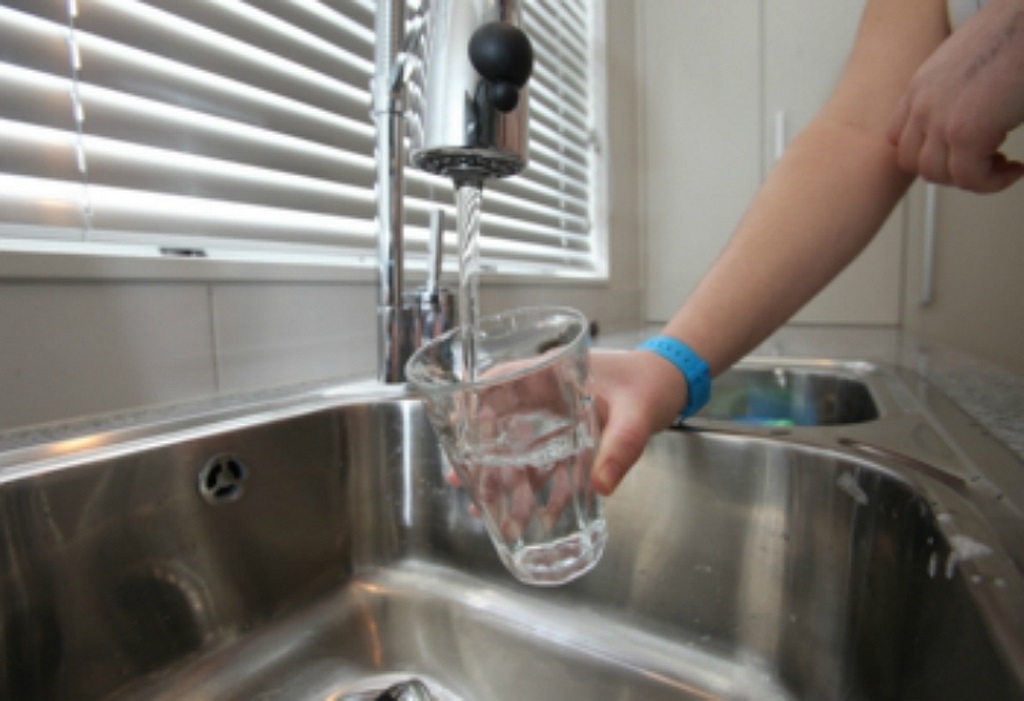Watercare has reported slightly elevated levels of arsenic in recent samples of treated water from its plant near Tuakau.
There is no immediate risk to public health.
The ‘maximum acceptable value’ for arsenic in New Zealand drinking water is 0.01milligrams per litre.
Watercare reported a result to national water regulator Taumata Arowai of 0.011 milligrams per litre in a sample taken from its water treatment plant near Tuakau on November 25.
This plant supplies water to Tuakau and Pookeno.
Hamilton City Council also found slightly elevated levels in their testing on 19 and 20 November ands recorded results of 0.0113 and 0.0115 milligrams per litre, which were also reported to Taumata Arowai.
Further sampling has been carried out and Taumata Arowai will receive the results of these tomorrow.
Tests are being carried out at Waikato District Council's Huntly, Ngaaruawaahia and Te Kauwhata water treatment plants.
Previous samples taken earlier in the month by Watercare showed levels of arsenic below the limit in the drinking water standards.
National Public Health Service regional clinical director Dr William Rainger says: “People who are drinking water sourced from the Waikato River do not need to be alarmed.
"The limits in the New Zealand Drinking Water Standards are based on the level of risk from a lifetime of drinking the water.
“Drinking water with slightly elevated levels for a short period of time is unlikely to impact people’s health.
“You do not need to boil your drinking water. It is safe to drink.”
Meanwhile, arsenic is known to be elevated in the Waikato River, primarily due to geothermal activity, says Waikato Regional Council Environmental Science manager, Dr Mike Scarsbrook.
“We undertake monthly freshwater testing on the Waikato River. Testing was last carried out on 7 November and the arsenic levels were not unusual. These levels are typically above the drinking water standard, which is why treatment is required before drinking water is supplied to households.”
As a result of water suppliers alerting the regional council to elevated arsenic levels after treatment, environmental monitoring staff have collected samples from a number of locations along the Waikato River including at Narrows Landing, Horotiu and Rangiriri.
“The laboratory is prioritising testing and results are expected during the day on Thursday, which will be analysed by scientists from the council and Taumata Arowai.”
In the Waikato District Council area, Watercare operates the local water networks under contract. Pookeno and Tuakau are supplied by Watercare Auckland’s Plant near Tuakau.
There are also treatment plants at Huntly, Te Kauwhata, and Ngaaruawaahia.




